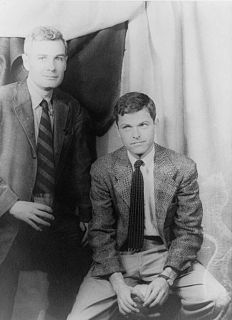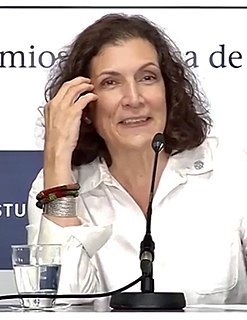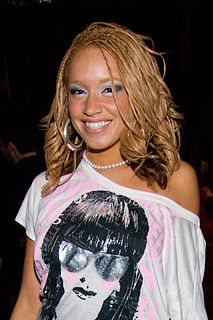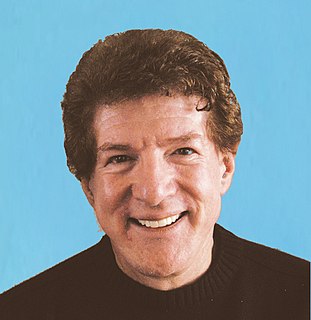A Quote by Lucrecia Martel
I write about what I know and also what I don't understand. Emotions for what has transpired.
Related Quotes
I would then say that there are two kinds of feeling. The first is to feel in the sense of concentrating your emotions on something immediately available for your understanding: you make your understanding out of the emotions you have about it. The second is to feel in the sense of being affected without trying to understand: something is felt, you do not know what, and it is more important to feel it than to try to understand it, since once you try to understand it you no longer feel it.
I definitely use life experiences. For me, it's extremely hard to write about something I don't know anything about. If I've never been angry, then I can't write about being angry. We're human beings so we all have emotions. To just have that knowledge, it definitely helps me out as a singer songwriter.
I write about the power of trying, because I want to be okay with failing. I write about generosity because I battle selfishness. I write about joy because I know sorrow. I write about faith because I almost lost mine, and I know what it is to be broken and in need of redemption. I write about gratitude because I am thankful - for all of it.
And it's a necessity [for journalists] to pretend to be competent on every subject, some of which they really do not understand. They are under that necessity, I regret; I'm sorry for them. But to pretend to understand all the things you write about, and habitually to write about things you do not understand, is a very corrupting thing.
Creators understand that their emotions are not necessarily a sign of the circumstances. They understand that in desperate circumstances they may experience joy, and in jubilant circumstances they may feel regret. They know that any emotion will change. But because emotions are not the centerpiece of their lives, they do not pander to them. They create what they create, not in reaction to their emotions but independent of them. On days filled with the depths of despair, they can create. On days filled with the heights of joy, they can create.
Over time you learn to know a bit more about yourself - you develop a certain amount of self-insight and self-awareness, and you know what you can absorb, and what you cannot; what gets to you and what doesn't. And I observe a lot. I see a lot around me. And over time you also get to understand the nature of man and the environments you are dealing with, and you can't always allow emotions and temper to flare up because you're displeased with something, or you want to change it.




































